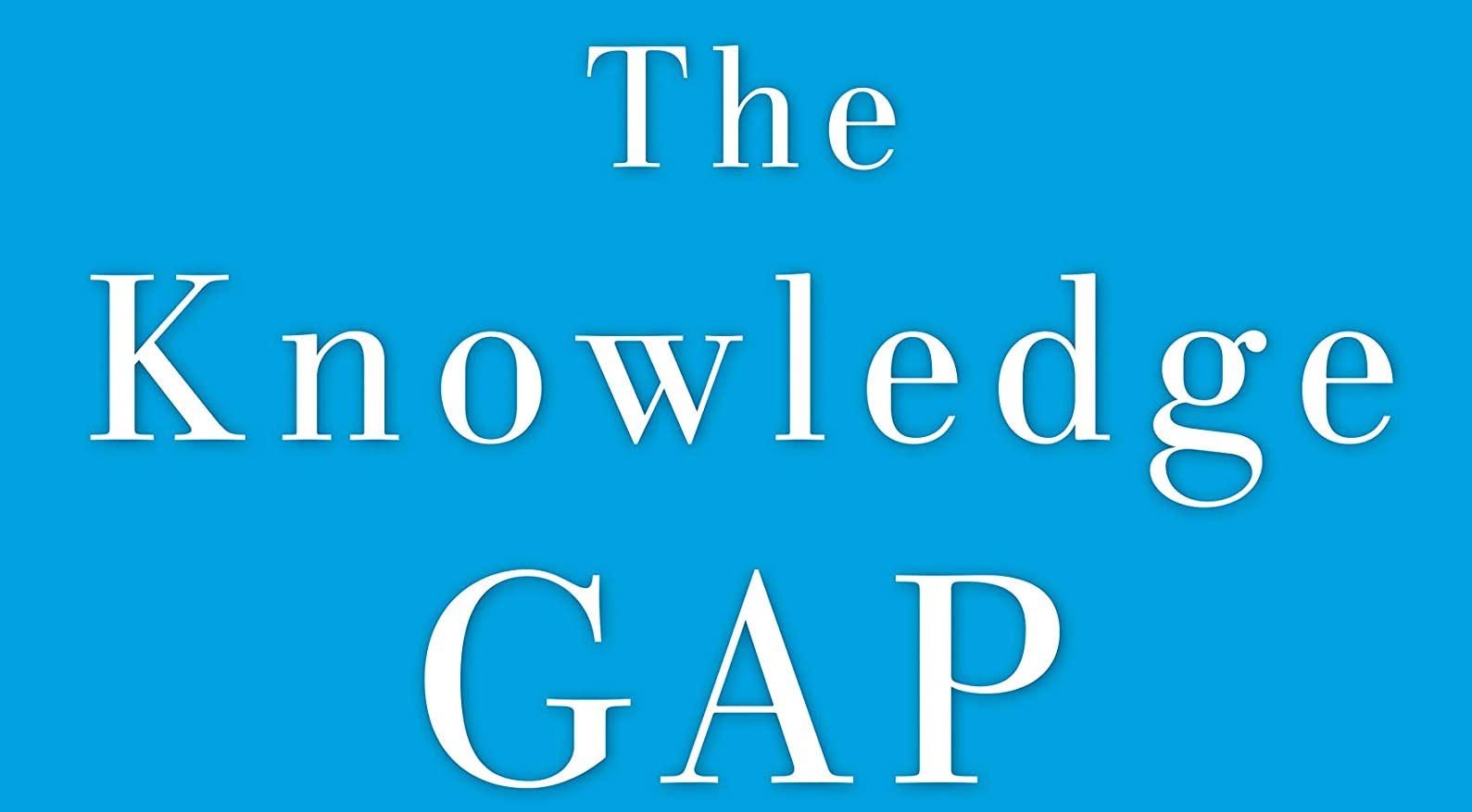Customer Services
Copyright © 2025 Desertcart Holdings Limited
Desert Online General Trading LLC
Dubai, United Arab Emirates





The Knowledge Gap: The Hidden Cause of America's Broken Education System--and How to Fix it
Trustpilot
2 weeks ago
1 month ago